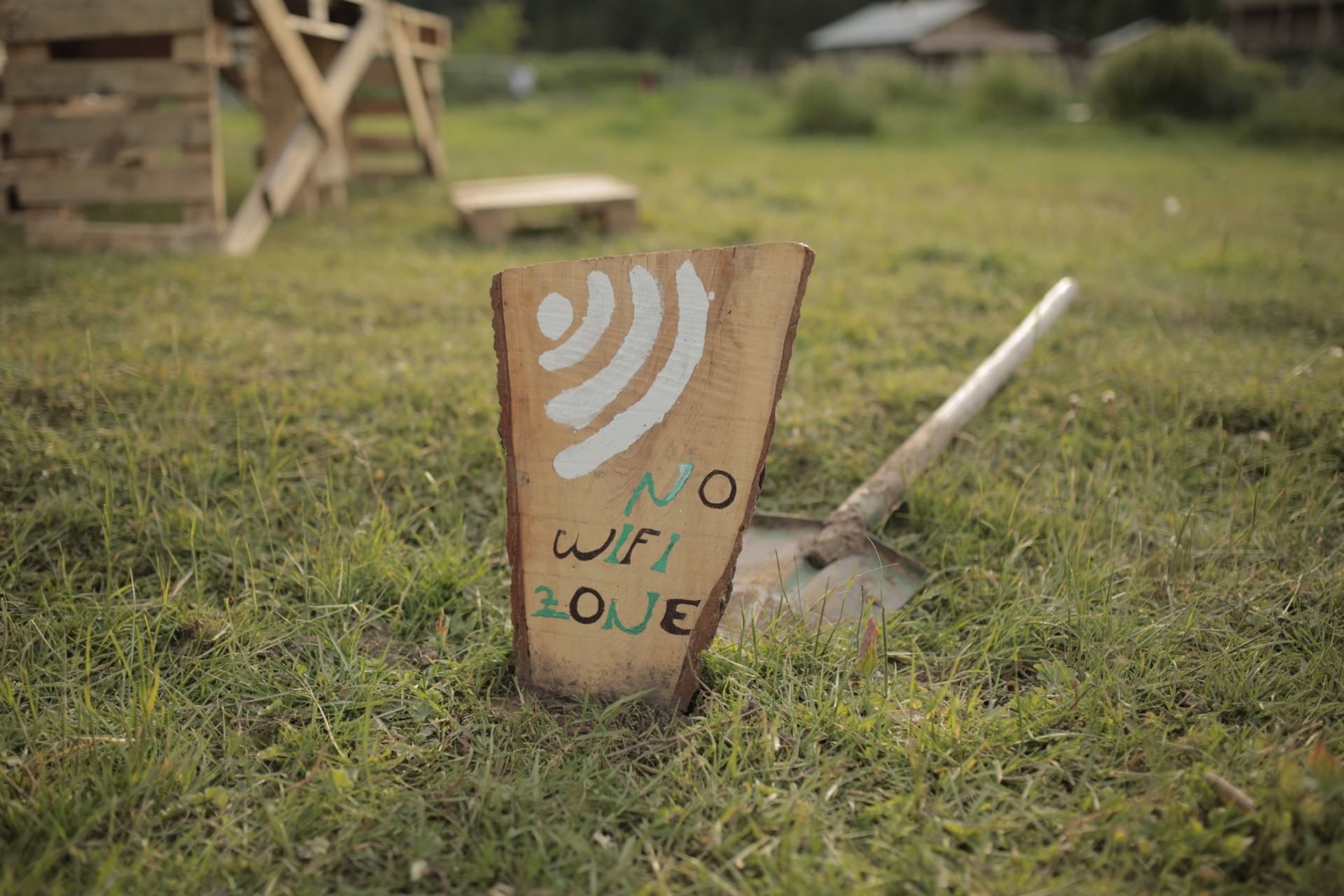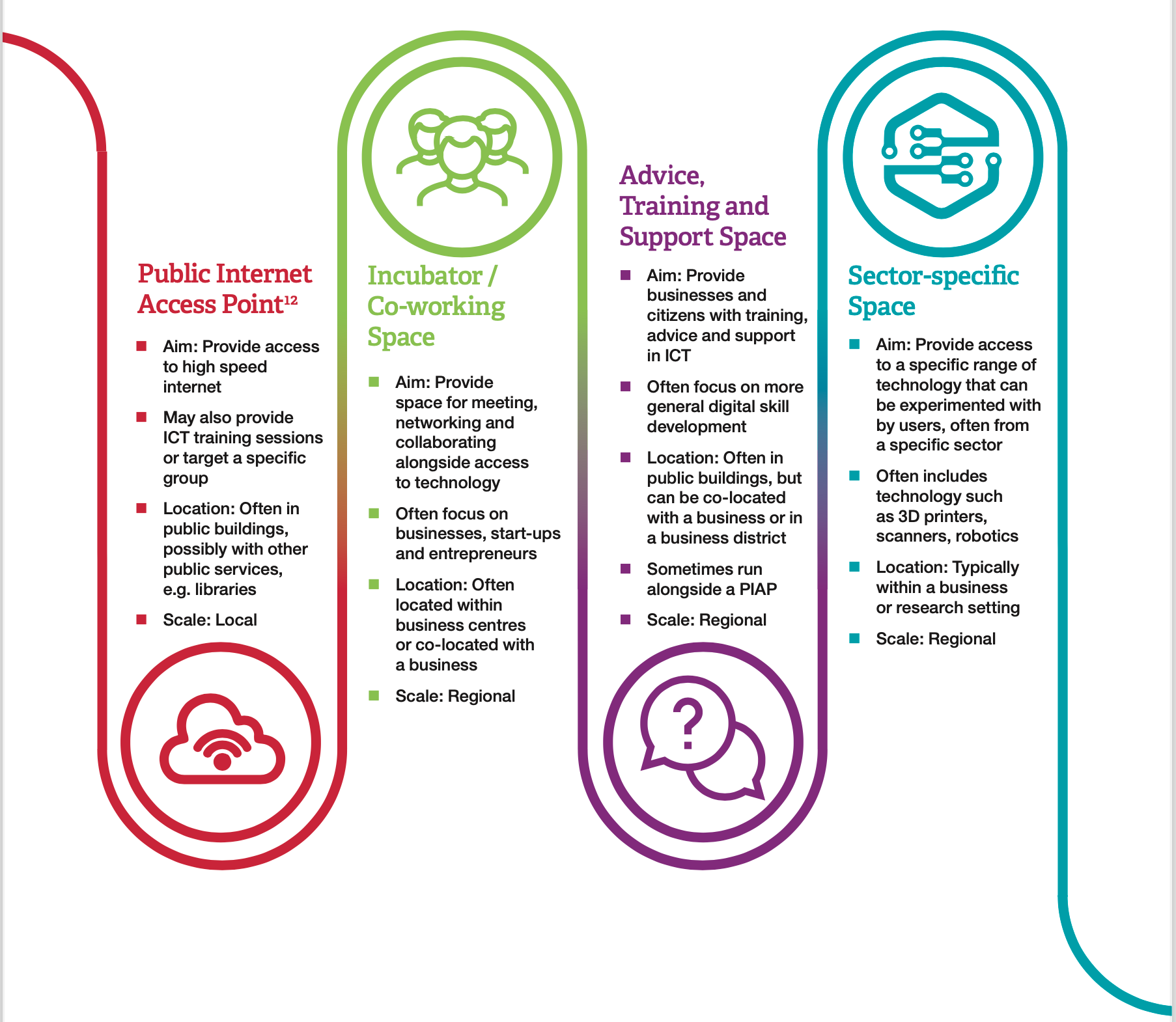Despite being a core focus of digital policy over the last decade, recent reports from both the European Commission and the UK Department for Environment, Food and Rural Affairs clearly show that the rural digital divide remains. In Europe, overall coverage of ‘Next Generation Access’ networks, enabling higher speed connectivity, was 85.8% but, in rural areas, this was just 59.3%. In the UK, while both broadband and mobile coverage has improved in rural areas over the last five years, a divide remains. With digital technologies playing an ever-increasing role in the ways we live and work – and as the Fourth Industrial Revolution offers further opportunities for transformation – ensuring people in rural areas have access to high-speed broadband is critical. However, the business case for investing in rural areas remains a challenge for communications providers, not least because of the sparsity and distribution of the population. And this affects both individual and business connectivity, making it more difficult for people to access services and for rural firms to benefit from digital technologies.

Researchers at Lincoln International Business School have been involved in a long-running programme of research that seeks to address these challenges, to help improve the delivery and adoption of broadband and digital technology to homes and businesses in rural areas. Their research has looked at rural connectivity and inclusion, evaluated the efficacy of policies focused on digital availability and adoption, and explored how well specific interventions have enabled rural firms to develop their digital approach. The team has used their findings to inform priorities, support businesses and influence decisions on how best to improve rural connectivity.
In their latest research, members of the Lincoln team have joined the European CORA project – COnnecting Remote Areas with digital infrastructure and services – which aims to address the digital divide across rural areas of the North Sea Region by stimulating digital infrastructure, services and skills in those areas. The focus of the Lincoln researchers is on Digital Hubs – both identifying and classifying types – to provide policy makers with an evidence base to inform their decisions about rural connectivity.

In the first phase of the project, the Lincoln team carried out a survey of CORA participants and digital centres across Europe, to inform a new definition for Digital Hubs that could be used across the project. They found a range of terms being used to describe these centres – from makerspaces and co-working spaces, to incubators, hubs and labs. While some commented that it was what the hubs did – rather than what they were called – that was most important, the Lincoln researchers understood that a common definition was essential for policy makers and investors, in particular, to inform evidence-based decisions about resources. Using that understanding, the team developed a broad definition that supports an increased digital awareness within different target groups and, at the same time, empowers those stakeholders to tackle digital skills gaps.
“The team have defined Digital Hubs as, ‘A physical space, which can be fixed or mobile, focused on digital connectivity, digital skills and/or emergent technologies. The space will be available to either the public, businesses, or local authorities (or a combination) with the aim of enhancing the local digital environment”
CORA Digital Hub Guide, 2019
The team then built on this definition to create a typology of Digital Hubs, identifying four key categories. This typology is intended to help local and regional policy makers to make informed decisions about which kinds of support are most appropriate for their specific needs. Types include:
- Public Internet Access Points, providing local communities access to high speed internet and training
- Incubator/ Co-working space, providing meeting, networking and collaboration spaces, and access to technology to start-ups and entrepreneurs within a region
- Advice, Training and Support Space, providing businesses and citizens with IT training, access and support with a focus on the development of digital skills
- Sector-specific spaces, providing access to sector-specific technologies such as 3D printers, virtual reality or robotics.

Screenshot from CORA Digital Hub Guide: https://northsearegion.eu/cora/downloads/
The final part of the research has developed a guide to establishing the different types of Digital Hub, as a way to help policy makers and businesses bridge the rural digital divide. The guide identifies 10 key steps:

This research has already been used by the Oldambt municipality in the Netherlands to help with the development of a new business support centre in the locality. By using the Lincoln research, the municipality realised that, rather than an incubator, an ‘advice, training and supporting space’, as described in the Digital Hub Guide, would be more appropriate for the needs of their region. The Digital Hub Guide has also informed the development of a Digital Innovation Centre and 5G Innovation Hub in Nottinghamshire, which will provide the opportunity for businesses local to Sherwood Forest to trial digital innovations and engage in technical collaborations.
“The Digital Hub Guide, and particularly the suggested typology for different rural centre, helped us to reflect on, and refine the development of both centres. It provided a useful reference guide to ensure we were on the right track, as well as examples that we could use as comparators.”
Nick Mellors, ISPB
The CORA project concludes with a final conference on 2 June 2021, open to all and free to join, which will provide European partners the opportunity to share their experiences of addressing the rural digital divide. More information is available online here.
Find out more
If you’re interested in finding out more about bridging the rural digital divide or the work carried out by the team, you can visit the Lincoln International Business School online here and the CORA project here. You can also click on the links below to discover the people behind the projects.
- Liz Price
- Jane Deville
- Fiona Ashmore
